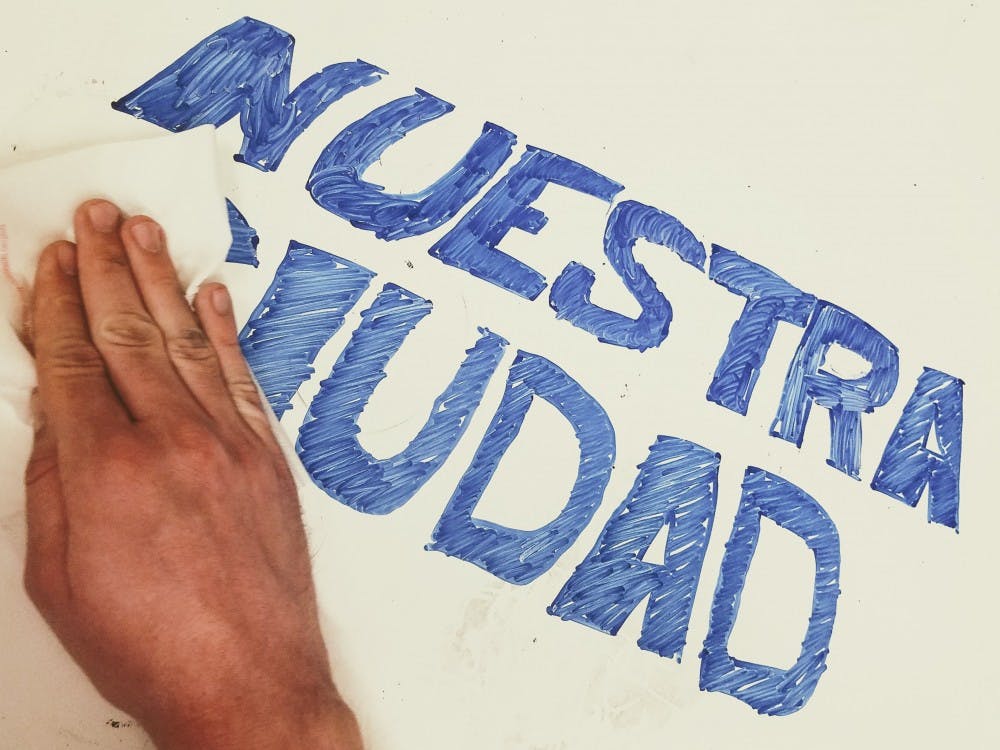ASU’s online programs are now nationwide. Yet at the same time, ASU is wholly unable to reach many located within its own community due to a reticence to implement multilingual, and in particular Spanish-language, programs.
Global universities are used to providing degree programs in multiple languages, recognizing their status as educators for not only their nations, but their unique regions and needs. A bilingual region requires a bilingual school.
Sometimes that is due to the hegemony, or the cultural dominance, of another language, such as the presence of English-language courses in science departments worldwide. Other times, it’s explicitly for giving students freedom of movement, as with the University of Ottawa’s decision to provide 90 percent or more of its courses in both English and French.
In either case, universities globally recognize the need to present courses within a dual-language framework to promote their unique circumstances and prepare students for global realities.
ASU is not up to par with the global course, however, and that’s harming its ability to serve greater Phoenix.
ASU is branching out. Last semester I was able to take a shared Cronkite and Spanish language course on mass media of Spain. The professor reiterated several times that while this course was a limited start, the partnership was expected to expand.
Nonetheless, while this program provides support for already extant bilingual media, developing more educational tools for our Spanish-preferring students is absolutely necessary to fully realize the New American University’s desire to be defined not “by whom (it) excludes, but by whom (it) includes.”
In greater Phoenix, being an English-only school is a political and exclusionary act.
Kiana Sears is a member of Mesa Public School’s governing board, the largest minority-majority school system in the city. Her district also lies between ASU’s largest campus in Tempe and Polytechnic campus.
“Our schools are becoming more segregated than when Brown v. Board of Education went through,” Sears said. “(Language and cultural) competency is absolutely necessary for having classrooms where 90 percent of our students’ first language is Spanish.”
The state’s education system actively excludes Spanish-preferring students. This is particularly present through the law banning the use of Spanish as a language of primary instruction in K-12 education.
Education candidates like Kathy Hoffman, who is running for superintendent of public schools in 2018, are revolving their campaigns around the fact that Arizona is inadequately responding to the needs of a bilingual city.
Kathy Hoffman's speech at The Arizona Capitol Complex during the Tax March
ASU cannot sit by while that inability to provide proper education to the city pushes students out of the education system and denies them educational opportunities.
Instead, ASU needs to go back to its favorite refrain and seek out more innovative solutions.
The history of the Southwest is one of active linguistic suppression. As the U.S. took control of the Mexican territory that would become the states of Arizona, California and New Mexico, it implemented a scheme that aimed to quash the region’s Spanish-speaking heritage.
It failed.
As a border city, Phoenix will never leave its bilingual character behind. However, in failing to recognize that, ASU is leaving substantial numbers of Arizona students in the dust.
Rather than reaching out to educate the entire nation, ASU should instead focus on developing programs that reduce this linguistic inequality and adopt a model that global universities demonstrate is not only possible, but the global standard.
ASU needs to become a bilingual campus to match its bilingual surroundings.
Reach the columnist at benjamin.steele@asu.edu or follow @blsteele17 on Twitter.
Editor’s note: The opinions presented in this column are the author’s and do not imply any endorsement from The State Press or its editors.
Want to join the conversation? Send an email to opiniondesk.statepress@gmail.com. Keep letters under 500 words and be sure to include your university affiliation. Anonymity will not be granted.
Like The State Press on Facebook and follow @statepress on Twitter.




